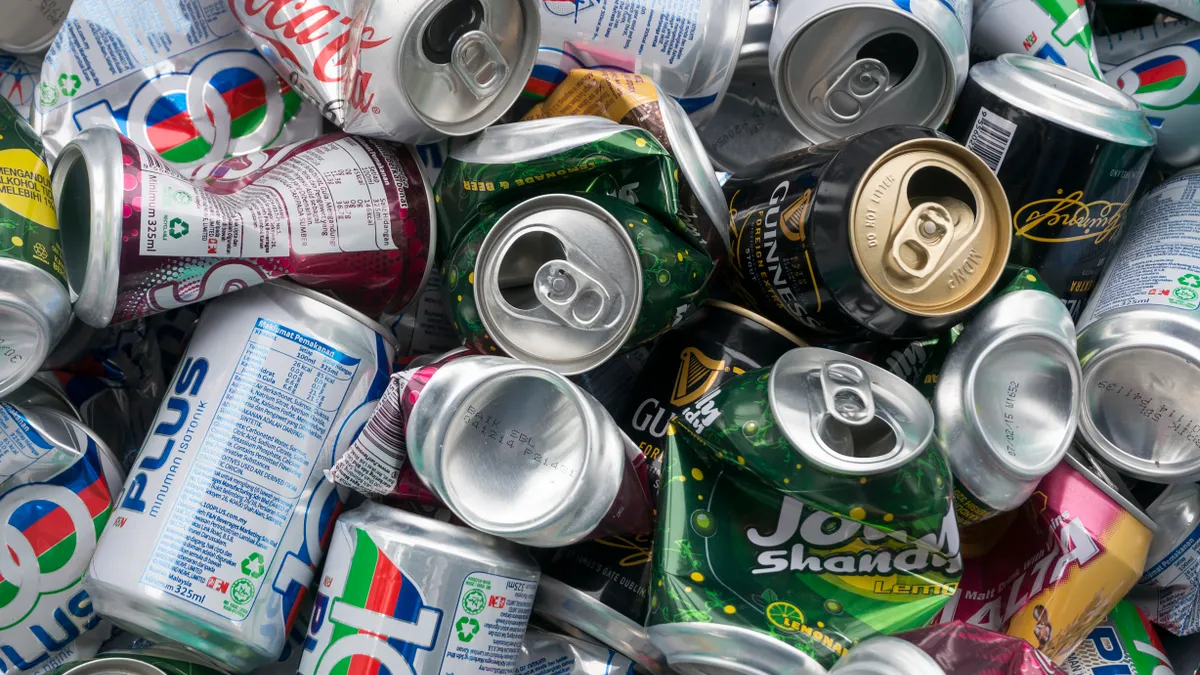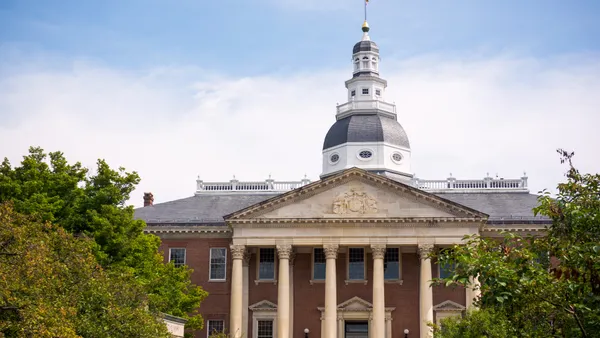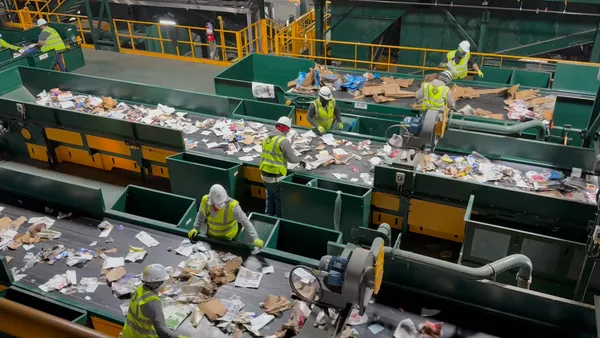Dive Brief:
- The Environmental Protection Agency (EPA) has released its first Recycling Economic Information Report since 2001. Based on 2007 data, the report found that recycling and reuse activities were responsible for 757,000 jobs. This created $36.6 billion in wages and $6.7 billion in tax revenues.
- Construction and demolition was the largest economic contributor across all three categories, followed by ferrous and non-ferrous metals. Based on the EPA's calculations, 1.57 jobs were created for every 1,000 tons of material.
- The report also updated its methodology from 2001 to use a new definition of recycling that recognizes "the transformation of the materials to make new products to reduce the amount of virgin raw materials needed to meet consumer demands." This definition now includes reuse, refurbishment and food donation.
Dive Insight:
This report comes as the EPA touts a slight increase in the national recycling rate and may be one of the final opportunities for the agency's current leadership to highlight its shift toward a sustainable materials management framework. Assistant Administrator Mathy Stanislaus, who is credited with driving these policies during the Obama administration, has been a proponent of creating a circular economy that places greater value on waste as a resource. President Obama's final America Recycles Day proclamation was also focused on the lost potential of waste that is sent to landfills rather than recycled.
The EPA's expanded definition of recycling should be heartening for advocates of "zero waste" programs that hope increased diversion will also lead to local economic opportunities. The recognition of food donation lines up with the agency's 2030 food waste reduction goals and refurbishment is of growing interest to e-waste recyclers.
This report helps bolster the economic case for recycling, but low commodity prices can still make it challenging to create jobs locally. Because the report is based on 2007 data it also doesn't take into account how the industry was affected by the recession and whether jobs numbers at the levels detailed here. Whatever those numbers may be now it's still clear that targeted recycling efforts have the potential to create growth. While some in the industry are uneasy about how a Trump administration will affect their businesses this type of economic success may be something that everyone can agree on.














